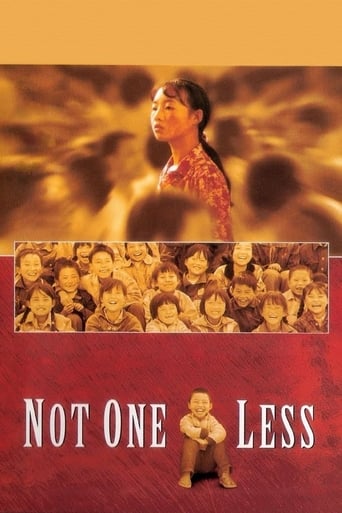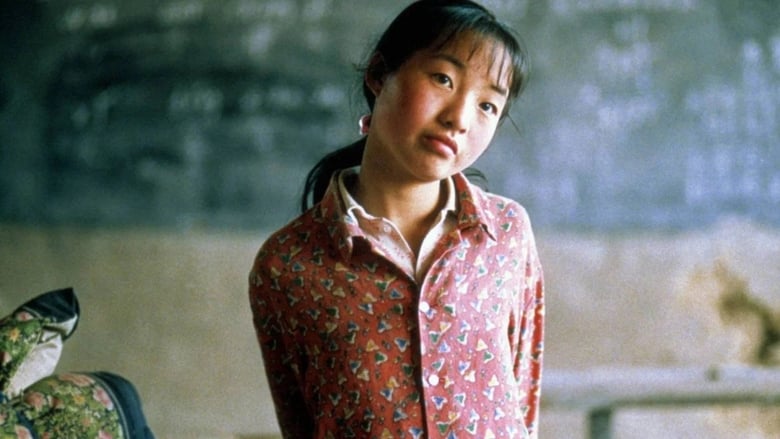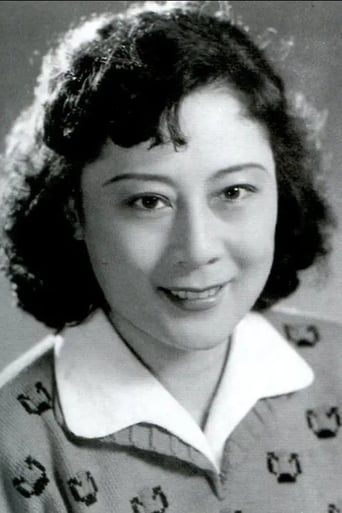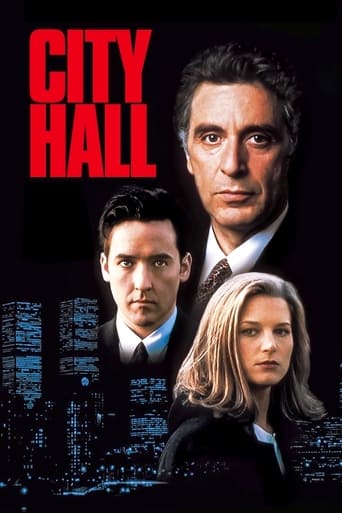

Not One Less (2000)
Set in the People's Republic of China during the 1990s, the film centers on a 13-year-old substitute teacher, Wei Minzhi, in the Chinese countryside. Called in to substitute for a village teacher for one month, Wei is told not to lose any students.
Watch Trailer
Cast
Similar titles



Reviews
It is a performances centric movie
Good story, Not enough for a whole film
A movie that not only functions as a solid scarefest but a razor-sharp satire.
One of the most extraordinary films you will see this year. Take that as you want.
I'd like to examine the character arc of the young girl who comes to temporarily substitute at the poverty-stricken school: Teacher Wei. When she first arrives, she seems really disinterested and apathetic towards the whole situation. The only thing on her mind is the financial rewards that she is promised by the mayor if, in fact, she's successful in maintaining all of the children at the school without losing any. When she begins teaching, it's simply to fulfill an obligation: very routine-like.She allows the children to fight with each other without intervention, has them write a ton of complicated characters on the board that they don't understand, and expects them to copy it verbatim without cry or murmur. It's obvious, at first, that she has no desire to help these struggling children. This suggests something poignant about her back storythat she, too, comes from the grounds of destitution. When given the chance to earn some money, she jumped immediately at the opportunity not knowing the full implications of how difficult it would be to Sheppard the wandering flock.When the young boy, Zhang Huike, goes with some travelers into the city to make money for his family, Wei is determined to follow after him and reclaim him. This presents an interesting dichotomy in her desires: does she want to reclaim him strictly for financial rewards, or, is there a part of her that really cares for his well-being and wants him back in the fold with the other children? I think it's a little bit of both as the story unfolds (but more so out of love). Wei travels through tremendous moments of change to reclaim himeach moment testing her resilience to stay in the game. She has an objective (e.g. Zhang Huike), but she is thwarted.She needs money to travel by bus into the city, but has none. She works for money by moving bricks, but is paid none because she and the children accidentally break them in the process. She sneaks onto a bus, but is thrown off. She hand writes a multiplicity of rescue flyers to find Huike, but none are seen by him. All of these moments show her steady dedication not to give up on the lost lamb. She is determined to find him. I believe this is where the theme of the story is revealed: the Sheppard of a flock will leave the 99 in order to rescue the wayward one: no matter the extremes.This theme becomes clearer as you see Wei conquer one battle after the next, stopping at nothing to find Huike (especially when she goes on live television). There, on television, with tears in her eyes and a plea in her voice, she asks Huike where he has gonewhy did he leave? In that moment, I became convinced that her care for him was genuinenot something strictly lucrative. After all, she wasn't crying crocodile tears. It's a real touching moment when Huike finally sees the broadcast, as he, too, starts to become emotional. He begins to realize all of the things Wei had to go through in order for him to realize her love for him. He reciprocates and goes home.I think director Zhang Yimou was trying to portray the power of love one can have for a wayward child. With obvious Christ-like undertones, though perhaps not intentional, Not One Less is the story about what a person is willing to do when they feel separated from those who they love. It works really well in this particular story because I had ambivalent feelings of whether Wei's intentions were initially sincere, but as the story progressed I realized that she was being charitable, not selfish.I believe Yimou intentionally shot the film, in some instances, like a hidden camera documentary because he wanted the aesthetics of the film to compliment the meaning of the theme. Since the Sheppard theme is one possible theme to the story, it makes sense to say that the camera-work acts as a hidden device, away from the eyes of Wei. Wei is looking for the lost child, but he remains hidden from her eyes. So, too, there is also an omniscient camera looking at Wei as she looks for Huikea device that suggests perhaps the God of heaven watching over all of his wandering sheep (some respectfully more than others). One particular moment that heavily suggests the hidden camera is when Wei is asking the citizens in the city if they've seen or know the railroad instructor. The scene is shot montage as it shows her exhaust herself throughout the day. She looks helpless; always being observed from afar. The pity she feels in trying to find Huike is the same pity that the camera seems to have on heralways watching; simply observing.
I suppose 'heart warming' are the first words that come to mind but lest that put anyone off, I have to say that it is the way Mr Zhang involves us from the very beginning that is the reason for the film's success. Beautifully shot with some wonderful natural light, our first glimpse of the rural backwater is astonishing. Almost immediately though we are drawn into a drama involving a thirteen year old girl being put in charge of a school of youngsters. The usual teacher has to visit sick relatives for a month and he leaves the girl behind with specific instructions to keep the schoolchildren from leaving school. Hence the film's title. Of course one goes missing and she follows to the city to try and find him, which becomes the story of the film. It is fascinating to see and believe the degree of poverty in the village and wonder as the children do at the difficulty of surviving in either place. The young girl may be acting less out of altruism than self interest but our eyes do not leave her and her concerns are ours. Seemingly non professional cast do a magnificent job, which must in no small part be down to Zhang, but then nobody seems to put a foot wrong. Excellent.
Somewhat didactic and sentimental, this film from Zhang Yimou is nevertheless irresistible. An unusual foray from Zhang into realistic films, Not One Less tells the tale of a young teenager in a Chinese village who is named as substitute teacher in the local school when the head teacher has to visit his ailing mother. Her skills as a teacher are barely adequate, and her students are just a few years younger than she is, yet she makes up her obvious shortcomings as a teacher with an utmost zeal in accomplishing her mission. Her superior has told her that not one of her students must drop out of school, so when one of the more trouble making boys heads to the big city in order to support his starving family, she has to go there to get him back. The movie is refreshingly sincere in stating that she does not search the boy out of a sense of social concern, but because of money, since she won't receive any bonus if any of her students are missing. The best part of the movie shows the naive teacher trying to find her lost student in the urban jungle of the city. Shot with a wonderful amateur cast, this look at rural China is beguiling.
I was moved not only by the cultural value and socio-economic perspective of the movie, but also by the themes of compassion, hope, and diligence. As a middle school teacher, I also like how it brings out the idea that meaningful learning (in the classroom and beyond) takes place through real-life commitments, situations and applications.As a note aside, notice the credits; although this movie is based on a Chinese novel, the director selected actors and actresses from the real world to play their real-life partscomplete with their real names and titles. Thus teacher Gao really is teacher Gao! Mayor Tien really is mayor Tien, and the kids, together with Minzhi Wei, really are village children, who have no acting experience. Thus the movie really is "realistic" in a true and meaningful way. Don't miss this one!




